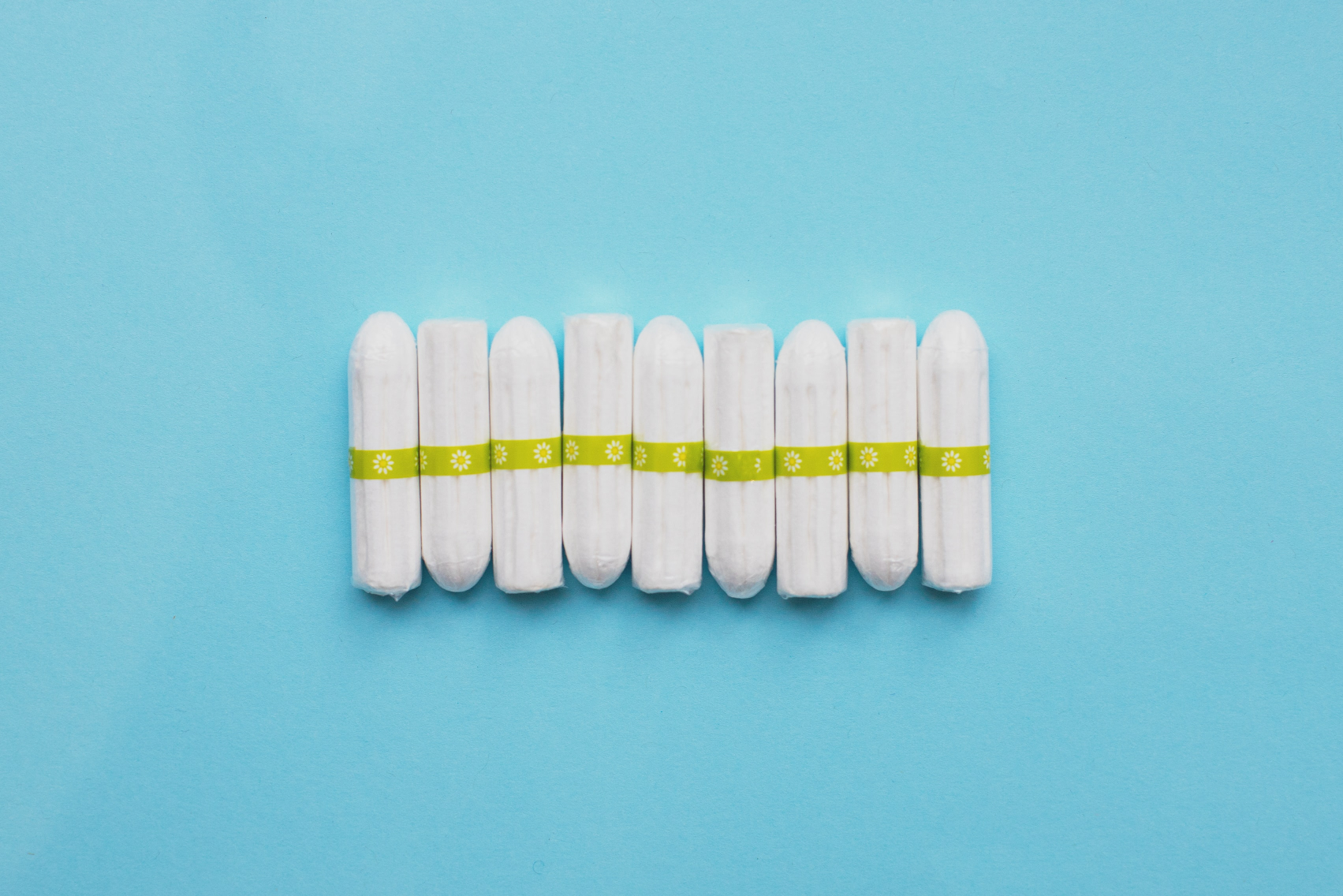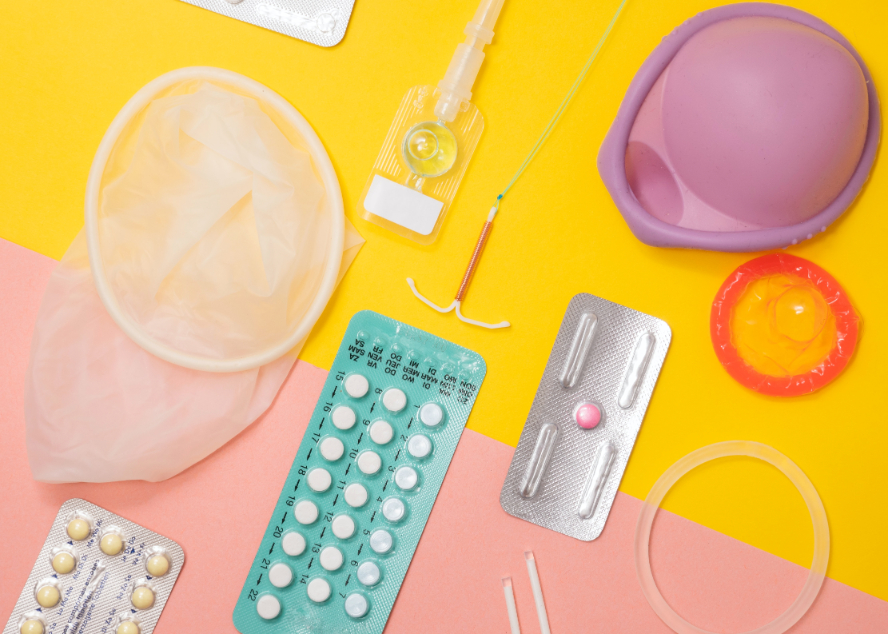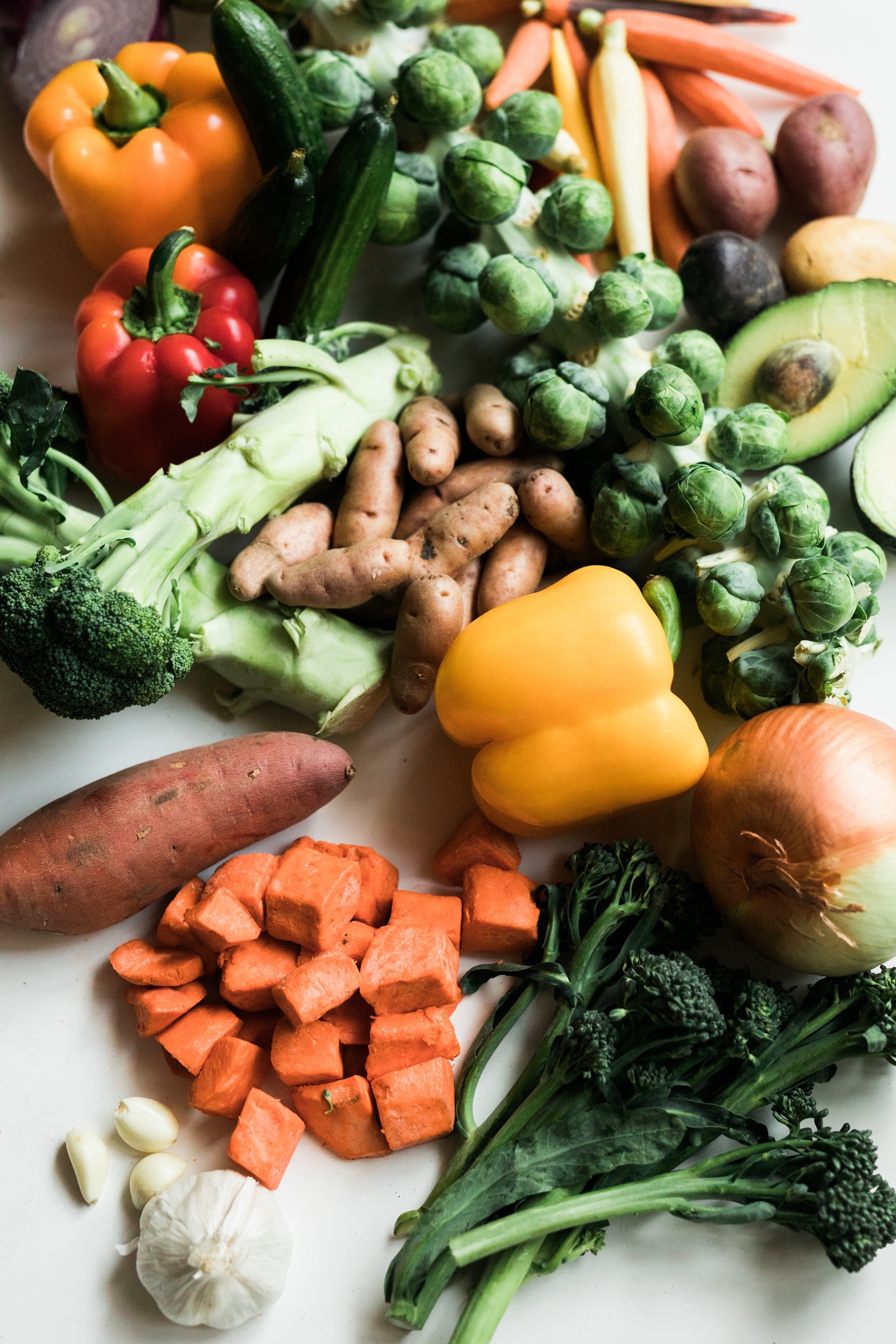

Knowledge
9 Tips to Prepare for Pregnancy
So you’ve decided to take the leap and start trying for a baby – how exciting! We wish you all the best as you embark on your journey towards motherhood. There are a few things you can do prepare for pregnancy and get your body baby-ready.
Here are our 9 tips to prep your body for pregnancy
Visit your doctor
Even if you’re in perfectly good health, it’s a good idea to see your gynecologist for a preconception checkup to ensure you’re ready to have a healthy pregnancy. This appointment is especially important if you have certain long-term health conditions that may need to be more closely monitored during pregnancy such as high blood pressure, diabetes, and HIV/AIDS.
Before you see your doctor, gather information about your and your partner’s family medical histories. If you know you’re at risk of having a child with birth defects or a genetic disorder or you have hereditary conditions like sickle cell disease, thalassemia, or cystic fibroids, be sure to mention it at the appointment.
Some medications and herbal supplements (also over-the-counter drugs like ibuprofen) aren’t safe during pregnancy, so speak to your doctor about everything you’re taking to make sure it’s necessary and safe for a growing baby. If you haven’t been fully vaccinated against infections such as rubella, you will likely be advised to do so before getting pregnant as contracting it during pregnancy can be harmful to a baby.
Finally, your doctor may also suggest having a dental checkup as well. If you have gum disease, it should be treated before you get pregnant to prevent health problems for both you and your baby.
Have sex regularly
Now’s the time to stop using any form of birth control and start getting jiggy in the bedroom! Keep in mind that it can take a few months to return to your normal cycle after stopping hormonal birth control, and injectables can delay the return to normal fertility for up to one year. For more on that, check out our complete guide to birth control and fertility.
Aim to have sex every other day to maximize your chances to conceive. If that’s not possible for you and your partner, try to time sex around the time of ovulation. You can track your ovulation by taking your basal body temperature daily, doing at-home ovulation tests, and/or using a cycle tracking app.
Studies have found that water-based lubricants can make it harder to get pregnant by inhibiting sperm movement, so it’s best to skip the lube and focus on foreplay for natural lubrication.
Get to a healthy weight to prepare for pregnancy
Being underweight or overweight can affect your fertility by disrupting your hormones and menstrual cycle. It also increases the risk of complications during pregnancy, including miscarriage, high blood pressure, and gestational diabetes.
To have higher chances of conceiving and protect your and your future baby’s health, aim for a body mass index (BMI) between 19 and 25. You can calculate your BMI by dividing your weight in kilograms by your height in meters, and then doubling it. Or you can use the healthy weight calculator from the NHS.
Follow the next two tips to help you get to a healthy weight and boost your fertility naturally.
Eat a balanced diet
What you eat is super important during pregnancy, but did you know your diet can have an impact on your chances to conceive too?
Research shows that your preconception diet should include:
- Lots of fresh fruits and veggies
- Carbohydrates from whole grains (brown rice, oats, quinoa, corn, whole wheat bread)
- Lean and plant-based sources of protein (poultry, dark leafy greens, nuts, beans, seeds, lentils, tofu)
- Healthy fats (fish, avocado, nuts, olive oil)
Other things should be cut down:
- Keep caffeine to less than 200 milligrams per day (about one to two cups of coffee)
- Avoid seafood high in mercury (tuna, swordfish, marlin, mackerel)
- Limit junk food and fried food
- Cut out alcohol
For more on that, check out our articles on what to eat to get pregnant faster and how to improve sperm health through food.
Move your body
If you don’t already exercise regularly, it’s a great time to start. Frequent workouts help get your body ready to have a healthy pregnancy. Studies have found that exercise reduces the risk of ovulation problems and miscarriage and increases the likelihood of having a baby for women who conceive through assisted reproduction technology (ART). Furthermore, the Fertility Society of Australia notes that regular exercise can help overweight and obese women with polycystic ovary syndrome ovulate more regularly and boost the chances of conception.
The World Health Organization recommends that adults do between 150 to 300 minutes of moderate exercise or 75 to 150 minutes of vigorous physical activity each week (or some combination of the two).
Quit smoking and drinking to prepare for pregnancy
Tobacco, alcohol, and illegal drugs can be harmful to a baby during pregnancy, raising the risk for miscarriage, stillbirth, and other complications. Because the first days and weeks are so critical for your baby’s development and you likely won’t notice right away that you’re pregnant, it’s recommended to stop consuming these substances even before you start trying. Plus, studies show that smoking can reduce fertility and make it take longer to get pregnant.
If you need help to quit, speak with your healthcare provider or look for a support group in your area or online.
Avoid toxic substances
Make sure that at home and at work you’re not coming into contact with harsh chemicals, environmental contaminants, and toxic substances like fertilizer, bug spray, synthetic chemicals, and metals – these can all harm female and male reproductive health. Not only can they make it more difficult to get pregnant, but being exposed to even small amounts during pregnancy can cause diseases in your baby. At your preconception checkup, your doctor will likely talk with you about possible exposure to these substances in your daily life.
Take folic acid and vitamin D supplements
As soon as you decide to start trying to conceive, start taking a daily supplement containing 400 micrograms of folic acid. Folic acid is a B vitamin and is crucial to a baby’s healthy development during the first trimester. Getting your daily intake of folic acid will greatly reduce the risk of your baby having neural tube defects which cause serious problems with the baby’s spinal cord and can lead to death or lifelong disability.
If you or your partner have a history of neural tube defects, you have diabetes, or you take medication for epilepsy, your doctor may advise you to take a higher dose of folic acid (5 milligram).
Doctors also recommend taking a daily supplement containing 10 micrograms of vitamin D. 50% of the world’s population is vitamin D deficient, and vitamin D deficiency is linked to reduced fertility.
Other vitamins and nutrients like zinc can help fertility too. The LEVY Health doctors are happy to advise you on prenatal vitamins and supplements over video call.
Prioritize your mental health
Last but certainly not least, remember to practice self-care and make your emotional and mental health a top priority. The journey to conception can be stressful at times and may put a strain on some individuals and couples. Plus, pregnancy causes huge changes in your hormones and some days can feel like an emotional roller coaster. Taking care of yourself and having some coping strategies to deal with tough emotions will help you have a happier, and healthier, pre-pregnancy and pregnancy experience.
Eating well, getting enough sleep and exercise, and limiting alcohol and caffeine are very beneficial for your mental wellbeing (and fertility!). Try out some different relaxation techniques like yoga, meditation, aromatherapy, massage, warm baths, and deep breathing exercises to find what works best for you to put your mind at ease.
Use LEVY Health to test your fertility
If you’re under 35 and have been trying to conceive for over one year, it’s time to speak to a specialist to see if there’s a medical reason you’re not getting pregnant (if you’re over 35, see someone after 6 months). Too many couples wait too long before seeking medical help which wastes valuable time in their family planning journey. We created LEVY Health to offer affordable access to reproductive medicine experts from the comfort of your own home. Find out more about how to test your fertility with LEVY Health and create your profile today!
Sources
Physical Activity. World Health Organization. Accessed 03 March 2022.
The role of exercise in improving fertility, quality of life and emotional wellbeing. The Fertility Society of Australia from the Australian Government Department of Health. Accessed 03 March 2022.
BMI healthy weight calculator. NHS. Accessed 02 March 2022.
Planning your pregnancy. NHS. Accessed 02 March 2022.
Planning for pregnancy. Centers for Disease Control and Prevention. Accessed 02 March 2022.
Should I change my lifestyle when I am planning a pregnancy? Planned Parenthood. Accessed 02 March 2022.
Pre-Pregnancy Health and Planning. Planned Parenthood. Accessed 02 March 2022.
What are prenatal vitamins? Planned Parenthood. Accessed 02 March 2022.
5 ways to prepare before starting a family. Mayo Clinic Health System. Accessed 02 March 2022.
Tips to Manage Anxiety and Stress. Anxiety & Depression Association of America. Accessed 02 March 2022.
How to get pregnant. Mayo Clinic. Accessed 02 March 2022.
Optimizing natural fertility: a committee opinion. Practice Committee of the American Society for Reproductive Medicine: Fert Ster. 2017;107(1):52-58.
You might also like...

Female hormones: What you need to know about reproductive hormones, the menstrual cycle, and fertility
When you’re struggling with fertility, one of the first places to look is your hormones. Certain vital reproductive hormones are in charge...
Silvia Hecher
January 17, 2024

Fertility blood test: Why does it need to be cycle days 2-5?
When you test your fertility with LEVY, you will always check your basic reproductive hormone levels (including FSH, LH, TSH, Prolactin, Estradiol,...
Lena
September 8, 2022

Forms of amenorrhea and fertility
Not getting your period is a condition called amenorrhea. It’s important for fertility because not having a menstrual cycle with monthly ovulation...
Lena
January 18, 2022

6 Interesting Facts About Ovaries You Might Not Know
Women have two ovaries which are located on either side of the uterus. They’re around 3-5 cm long – about the size...
Kayla
April 20, 2022

What to expect when testing your fertility with LEVY
If you’ve been trying to conceive for a while, it’s totally normal to feel frustrated. Why hasn’t it happened for you yet,...
Kayla
February 3, 2022

Your Complete Guide to Birth Control Options and Fertility
If you’ve been using birth control for a while, you may be wondering how it can impact your fertility now that you...
Kayla
February 21, 2022

Fertility Foods for Women to Help You Get Pregnant Faster
How you nourish your body is key not only when you have a baby in your belly, but also to help prepare...
Kayla
March 22, 2022

What your AMH levels can tell you about fertility
FSH, LH, estrogen, progesterone… If you’re struggling to have a baby, you’re probably becoming an expert on all things hormones. AMH is...
Lena
August 25, 2022

Why Vitamin D matters for fertility
Vitamin D is a very important nutrient to keep our bodies healthy and working as they should. But did you know that...
Kayla
January 18, 2022




